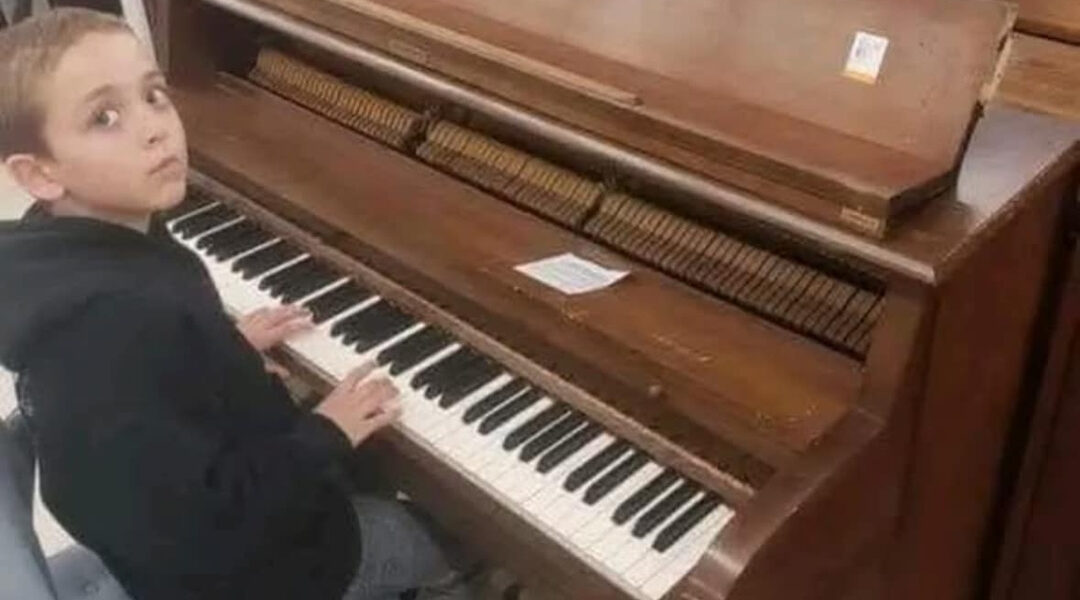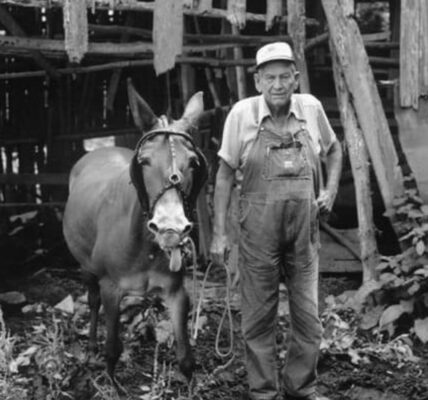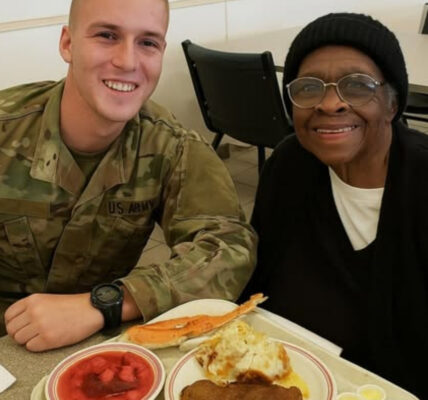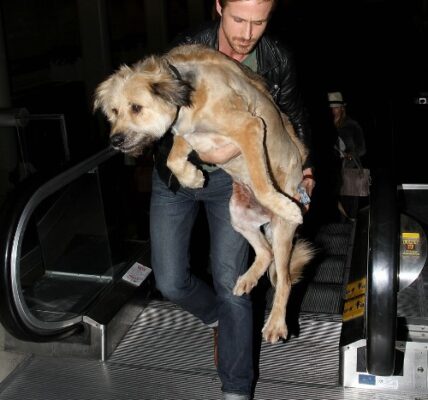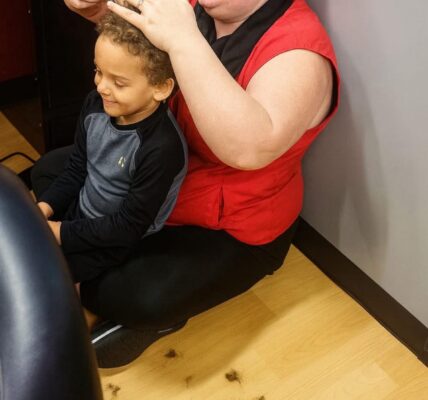
Life is full of fleeting moments, the kind you almost miss if you’re not paying attention. They happen in grocery store lines, on quiet sidewalks, in little secondhand shops that most people pass without notice. And sometimes, tucked between rows of donated clothes and old lampshades, a spark of magic appears.
That’s where I met Jacob.
He couldn’t have been more than seven years old. His shoes were scuffed, his T-shirt a size too big, and his hair fell into his eyes as he leaned over an old upright piano tucked against the wall of the thrift store. The instrument had clearly seen better days. Its wood was scratched, its bench wobbled, and its price tag hung loosely from a yellowing string. But to Jacob, it might as well have been a Steinway on the stage of Carnegie Hall.
With his small hands, he began pressing keys, haltingly working out the simple notes of “Chopsticks.” The sound was uneven, the rhythm a little off, but his focus was absolute. He hunched forward, biting his lip, determined to make music out of this battered old piano that most shoppers had ignored for weeks.
I stopped to listen, caught off guard by the earnestness of it all. When he glanced up, embarrassed to have been overheard, I smiled.
“You know,” I said, “with practice, you could become the next Elton John or Billy Joel.”
His reaction was immediate and unforgettable. His face lit up with a kind of joy that no money could buy—eyes wide, cheeks glowing, the shy but undeniable glow of a child who has just been told his dream is possible.
But then, in almost the same breath, his expression shifted. The joy gave way to something heavier, something that didn’t belong on the face of a seven-year-old.
“Thank you,” he said softly. “But I don’t have a piano or a way to practice.”
It was like watching a balloon float into the sky only to be pulled back down by a weight too heavy for such small shoulders.
I looked again at the piano. The truth was, it wasn’t much. But it worked. I pressed a few keys—the sound was true. The pedals functioned. It had survived years of neglect and was still ready to make music. The tag said $14.99. With my senior discount, it came down to $10.50. Ten dollars and fifty cents—the price of a fast-food meal, a paperback novel, or a few cups of coffee.
And yet, for Jacob, it could mean something immeasurable.
I bent down to his level. “Tell you what,” I said. “If you can talk your parents into finding space for it and picking it up, I’ll buy it for you.”
For a second, he just stared, as if waiting for the punchline. Then his eyes grew wide again, this time with disbelief. “Really?”
“Really,” I said, handing him the receipt. “It’s yours now. Just make sure you use it.”
I left quickly after that, not wanting to linger or make it awkward with his parents. This wasn’t about me. It wasn’t about credit or recognition. It was about that boy and that piano and the spark I had seen light up in him.
As I walked out into the crisp afternoon air, I thought about what had just happened.
The Weight of Small Gestures
We often think big dreams require big investments: years of lessons, expensive instruments, prestigious schools. And yes, those things matter. But sometimes, all it takes to change the trajectory of a child’s life is a tiny act of faith.
For me, it was $10.50. For Jacob, it was being told he could.
I kept thinking about the way his face lit up when I mentioned Elton John and Billy Joel. To him, those names weren’t just musicians—they were proof that someone ordinary could become extraordinary through practice and passion. And in that thrift store, with secondhand toys stacked on one side and dusty picture frames on the other, Jacob was told he had permission to dream.
I thought about his parents, too. Would they find space in their home for this unexpected gift? Would they encourage him to play, or would it become another piece of clutter in the corner? No one can know. But I believe children are resourceful. I believe that when given the tools, even imperfect ones, they find ways to use them.
Maybe Jacob will practice until his fingers are sore. Maybe he’ll stumble through “Chopsticks” until it gives way to “Fur Elise” and eventually to something of his own creation. Maybe one day he’ll sit in front of an audience, his family in the front row, and remember the thrift store piano that started it all.
And maybe he won’t. Maybe the piano will simply be the start of something else—confidence, resilience, the belief that his voice matters. But either way, the seed has been planted.
Betting on a Child’s Future
As I left, the thought struck me: I wasn’t just buying a piano. I was betting $10.50 on a child’s future.
It’s not a bet you’ll find in a casino or on a stock market exchange. It’s the kind of wager only the heart makes. The odds don’t matter. What matters is the possibility—that the boy who once thought he couldn’t will grow up knowing that someone, once upon a time, believed he could.
And that belief, more than any piano, is the gift I hope Jacob carries with him.
The Long Echo of Kindness
We rarely know how our small gestures ripple outward. Maybe Jacob will one day become a musician whose songs are played on the radio. Maybe he’ll become a teacher, passing on the gift of music to children who remind him of himself. Or maybe he’ll just remember that when he was seven years old, a stranger told him he had potential—and then put a piano in his hands to prove it.
Whatever the outcome, one thing is certain: kindness echoes. Sometimes it echoes across a life. Sometimes it echoes across generations.
And all it takes to start is noticing.
That day, in a thrift store filled with forgotten things, I noticed a boy with a dream. And for the cost of $10.50, I got to play a tiny part in keeping that dream alive.
I like those odds.
